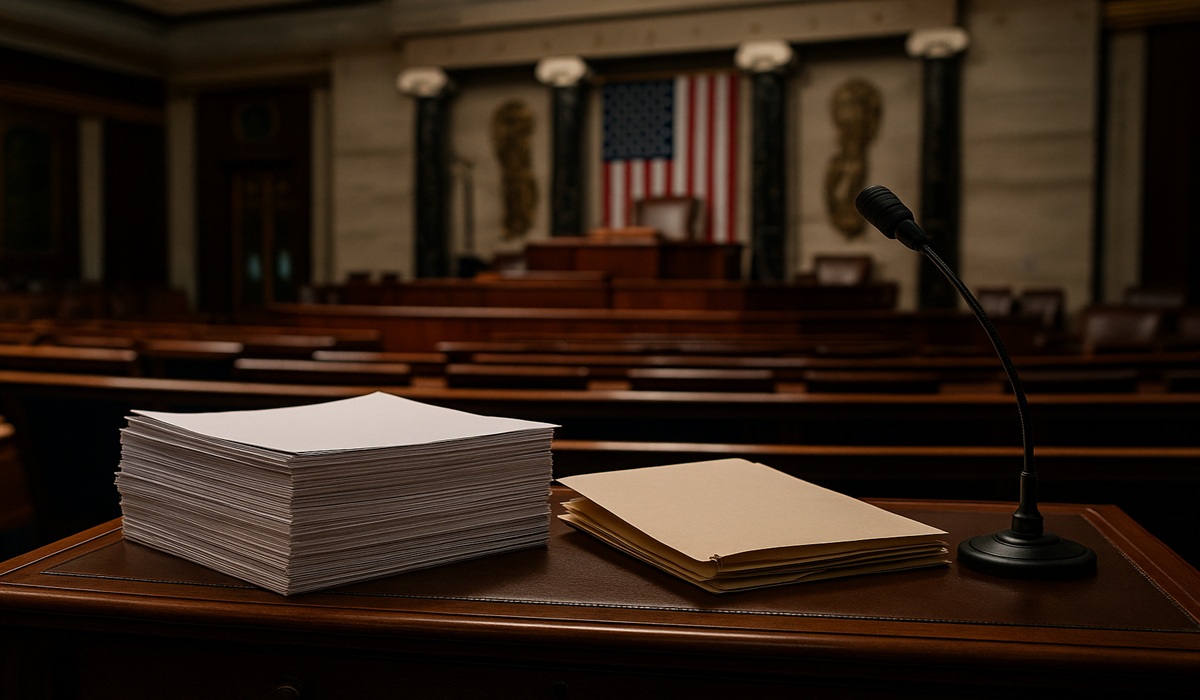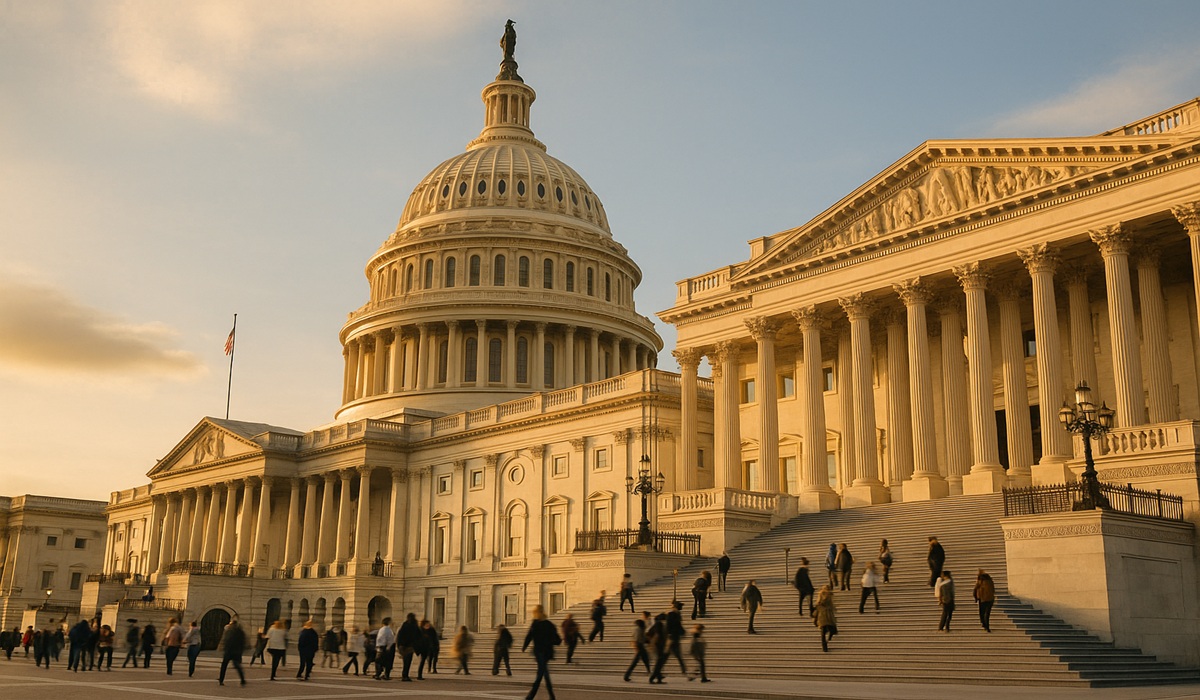There has been a surge of public pressure in Washington to release additional documents connected to the long-running Jeffrey Epstein investigations, and that pressure finally reached the floor of the U.S. House of Representatives this week. Lawmakers voted overwhelmingly in favour of making the bulk of the file public, with only a single dissenting vote. The vote was symbolic of how rare it is for an issue to cut across party lines in the current political climate. Yet despite the lopsided tally, the path forward is far from simple, and the political maneuvering behind the scenes has already raised concerns about dilution, censorship, and strategic obstruction.
The core of the debate is straightforward: the American public wants clarity. The Epstein case, from the original charges to the federal non-prosecution agreement, has never been fully aired in a way that satisfies the national demand for accountability. Many of the remaining documents are administrative, investigative, or procedural files rather than salacious content, yet they are still politically sensitive because they outline who made decisions, who intervened, and how the justice system handled a wealthy and well-connected defendant. That is why the House vote mattered. It was the rare moment when members publicly acknowledged that withholding these materials only fuels conspiracy theories and undermines trust in institutions.
The lone dissenting vote, according to lawmakers familiar with the negotiation, reflected concerns about releasing names or information not tied to crimes. Those concerns are legitimate from a civil-liberties standpoint, and both parties know that any public release must avoid defamation and avoid outing individuals who may have been peripheral or entirely unrelated to wrongdoing. The problem is that procedural concerns are easy to weaponize. In other words, what begins as a conversation about protecting innocent people can quickly morph into a justification for withholding everything.
This is where the stalling begins. Although the House passed the measure, its rollout is subject to the Speaker’s office, which controls the technical language of the final transmitted version. Observers have already accused leadership of slowing the momentum or inserting clauses that complicate the next stage. Talk of a “poison pill” refers to the practice of inserting an amendment or condition designed to make a bill unpalatable to the other chamber. It does not kill the bill outright but ensures its death elsewhere. In this context, a poison pill could mean adding language that the Senate would have to reject—perhaps overly broad redaction powers, confidentiality limitations that undermine the point of transparency, or procedural hurdles that delay disclosure indefinitely.
Why would the Speaker take such a hard line? Not because of personal ties to the case—no credible reporting suggests that—but because releasing large investigative files sets precedents. Leadership traditionally resists anything that compels agencies to surrender raw investigative material to the public. Once Congress forces wide-open disclosure in one high-profile case, it becomes harder to deny similar demands in future cases involving banks, corporations, politicians, or powerful donors. The Speaker’s resistance is about institutional power and political caution far more than about Epstein himself.
The next challenge comes in the Senate, where the file’s fate becomes more complicated. Senators are already signaling that what reaches the public will be filtered through legal review. Redactions are inevitable; they are required by statute to protect minors, protect ongoing investigations, and shield individuals never charged with any crime. The danger, critics argue, is that the definition of “necessary redaction” is elastic. The Justice Department may say certain passages must be removed for privacy, national security, or investigative integrity. Senators may accept those arguments to avoid political blowback. The result is a file that is technically released but stripped of the substance people hoped for.
The Senate also moves slower than the House by design. Committees may demand briefings. Lawyers may review the material line by line. Even if the Senate does pass it, implementation falls on federal agencies that can take months to process. That is where advocates fear the greatest watering-down will occur. Agencies have broad discretion to decide what constitutes sensitive information and what must be blacked out. Without strict congressional instructions, the final public release could resemble a maze of redactions.
This is why the political fight around the file is becoming as important as the file itself. A unanimous-minus-one vote sounds decisive, but Congress is an institution where procedure can outweigh principle. A single change in wording can delay a bill for months. A single added paragraph can shift authority from Congress to an agency. And a single strategic amendment from leadership—what critics call a poison pill—can ensure that what appears to be transparency ends in opacity.
The public is sensing this. The demand now is not only for the release of the file but for assurances that the release will be meaningful. Americans want to know the steps investigators took, the decisions prosecutors made, the factors judges weighed, and how an offender with vast resources navigated the justice system. None of that requires naming private citizens or harming innocents. It requires procedural honesty, something Congress often struggles with.
The House vote was a milestone, but it is not the finish line. The Senate will determine whether this becomes a genuine moment of transparency or another example of Washington promising sunlight but delivering shadows.









